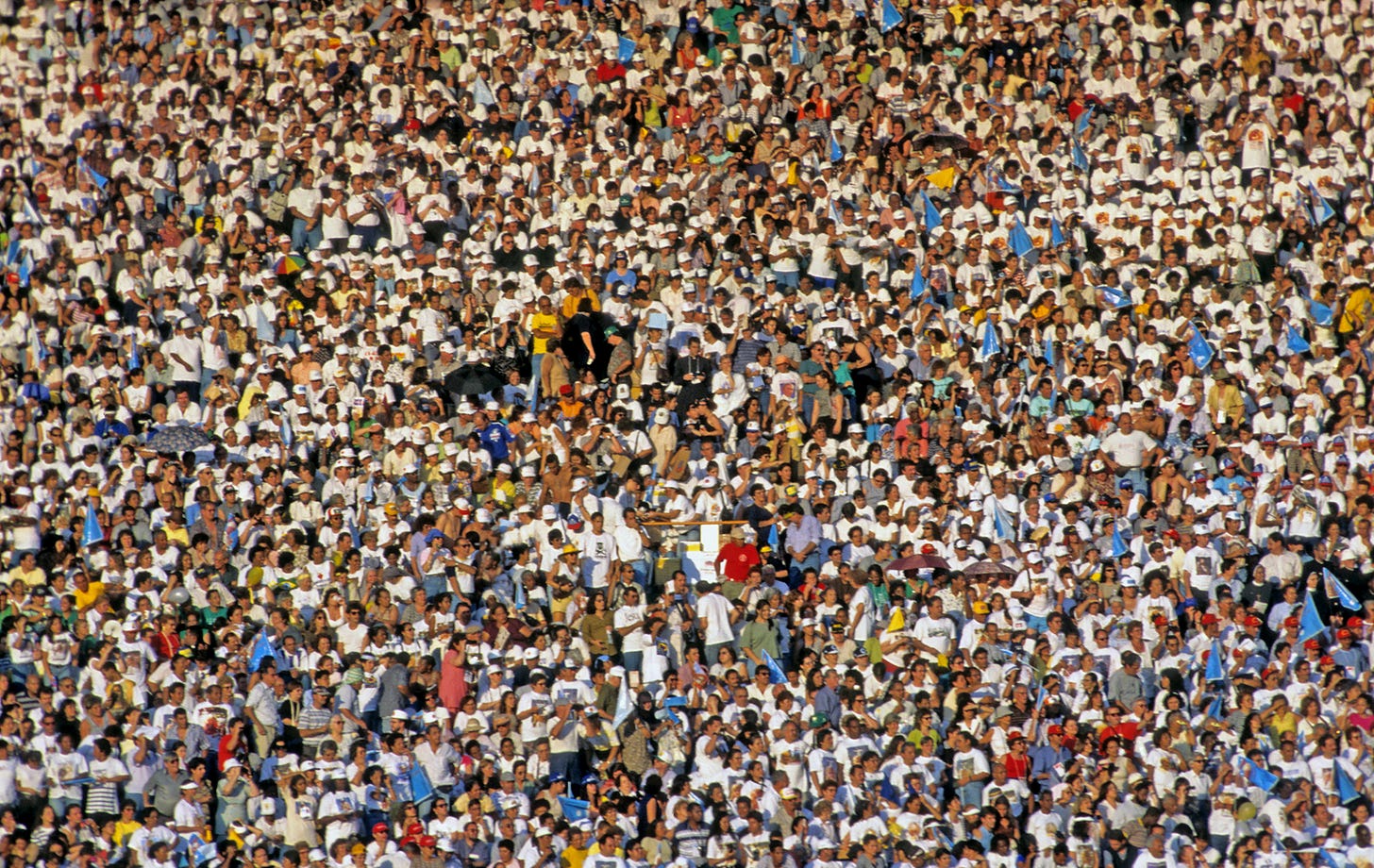How Britain came apart
Part III in our three part series on how our politics was upended
Matt Goodwin’s Substack goes to more than 57,100 subscribers from 167 countries around the world and thousands of paying supporters who support our work. Like our stuff? Then help us expand by becoming a paid supporter and access everything —the full archive, Live with Matt every Friday, exclusive posts, polling, leave comments, join the debate, get discounts, notice about events, and the knowledge you’re supporting independent writers who are pushing back against the grain. Join us on YouTube, Instagram, TikTok, Twitter/X and Facebook.
To mark the new book, Values Voice and Virtue, entering the bestseller list I’ve been running a three part series on how Britain came apart over the last half-century.
At the heart of this is what I call ‘the revolution’ —a political and cultural revolution which swept through and upended the country, driving a wedge between different groups in society and setting the stage for the political turmoil of the last decade.
While this revolution reflected the values, interests, and priorities of the New Elite —a new, urban middle-class graduate elite which has come to wield enormous power— it simultaneously left millions of other people feeling as though their values and their voice are no longer recognised, represented, or even respected.
In Part 1, we explored the rise of hyper-globalisation. And in Part 2 we explored the hollowing out of national democracy. Both these sweeping and bewildering changes helped set the stage for the revolts of the last decade -the rise of Nigel Farage’s national populism, the vote for Brexit, and then the post-Brexit realignment.
But if there is one change in British society, more than any other, which is responsible for the complete transformation of not just our politics but prevailing culture and ways of life then it’s what we will explore today -the onset of mass immigration.
Part 3: The Onset of Mass Immigration
If the growing gulf between the new elite and the rest of the country is visible on one issue more than any other then that issue is mass immigration.
While the left followed the right on economics, embracing hyper-globalisation, when it came culture and identity it charted a completely different course.
Whereas Margaret Thatcher had combined radical economic liberalism with an appeal to traditional family values and an instinctive scepticism of immigration, from the late 1990s onward New Labour kept the economic liberalism but replaced all the rest with a much more radical cultural liberalism.
The liberal consensus of the new elite, the new orthodoxy, was now complete and it was about to fire on all cylinders, driving an enormous wedge down the country.
This too marked a radical break from the past. Historically, in Britain and across the West, cultural liberalism had only ever played a secondary role in centre-left social democracy, with many parties remaining focused on building a welfare state, strengthening collective bargaining, redistributing, and social patriotism.
But the embrace of hyper-globalisation, which demanded cheap migrant labour to serve large corporations and fuel an economy now built on consumption, and the rise of a far more socially liberal if not radically progressive new elite, changed all that.
By the twenty-first century, Britain’s new ruling class was completely committed to a policy that would have seismic political, social and cultural effects and do more than anything else to drive support for national populism, Brexit, and Boris Johnson.
The narrative that Britain has always been a nation of immigrants is popular but misleading. Throughout much of the nineteenth and twentieth centuries, more people left Britain than migrated into it. But under New Labour this completely changed.
In less than a decade, the British were subjected to a scale of immigration that was unique in their history. In only a few short years, the new elite redefined Britain as a country of continuous, large-scale, and uncontrolled mass immigration.
Estimated average net migration into Britain, 1901-2022
The changes were profound. And they would have enormous effects.



